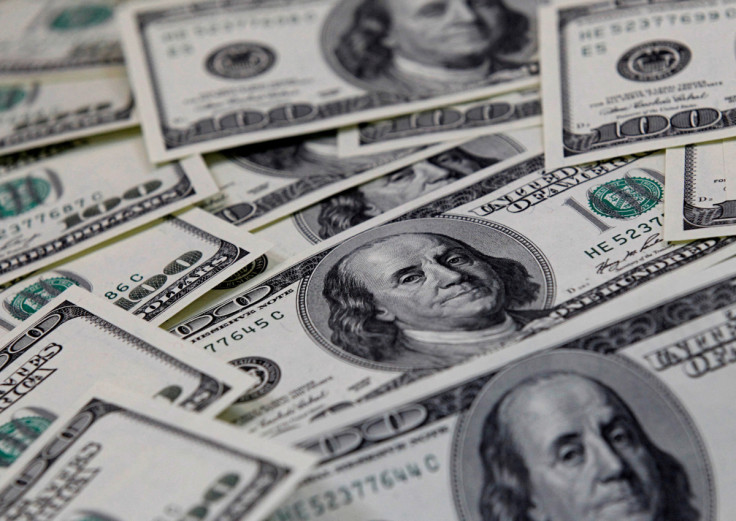Dollar Edges Up As Darkening Growth Outlook Hurts Sentiment

The dollar crept higher on Wednesday as top executives from the biggest U.S. banks warned of an impending recession, which dampened risk appetite and kept the greenback supported.
Top bankers from JPMorgan Chase & Co, Bank of America and Goldman Sachs said overnight that the banks are bracing for a worsening economy next year, as inflation threatens consumer demand.
Against the dollar, sterling fell 0.4% overnight, and was last 0.05% lower at $1.2128.
The greenback rose 0.16% overnight against the Japanese yen, but erased some of those gains in early Asia trade and fell 0.04% to 136.97 yen.
"We've been forecasting a recession in the U.S., the UK, the euro zone and Japan ... It's part of our baseline," said Joseph Capurso, head of international and sustainable economics at Commonwealth Bank of Australia.
"(That) will provide more support to the U.S. dollar, as a safe-haven currency."
Against a basket of currencies, the U.S. dollar index was last 0.05% higher at 105.60.
It had risen nearly 0.3% overnight, extending a brief rally for a second straight session after upbeat U.S. services and factory data released at the start of the week pointed to underlying momentum in the world's largest economy.
This supported the view that while the Federal Reserve may scale back the pace of its rate hikes, U.S. rates will remain higher for longer.
Elsewhere, the euro was last 0.13% lower at $1.0460.
Two European Central Bank (ECB) officials had signalled that inflation and rates may be close to peaking, ahead of the ECB's monetary policy meeting next week.
The Aussie was last 0.16% higher at $0.6699, after a muted reaction following data release of its gross domestic product on Wednesday, which showed that Australia's economy slowed a little in the September quarter.
The antipodean currency remained buoyed by a hawkish stance from the Reserve Bank of Australia, which on Tuesday signalled more rate hikes ahead to cool inflation, after it lifted its cash rate by 25 basis points to a 10-year high.
The kiwi edged 0.02% lower to $0.6317.
In Asia, China's November trade data is also due on Wednesday, and is expected to show a further contraction in the country's exports and imports.
"The exports boom in the Asia-Pacific region has waned definitively," said Alvin Tan, head of Asia FX strategy at RBC Capital Markets. "This adds urgency to China's need to boost domestic demand to compensate for faltering exports and the still-weak property construction sector, hence the pivot away from zero-COVID."
The offshore yuan was last marginally higher at 6.9845 per dollar, having been supported by an easing of China's strictest COVID-19 restrictions.
The country may announce 10 new COVID-19 easing measures as early as Wednesday, two sources with knowledge of the matter told Reuters.
© Copyright Thomson Reuters 2024. All rights reserved.











